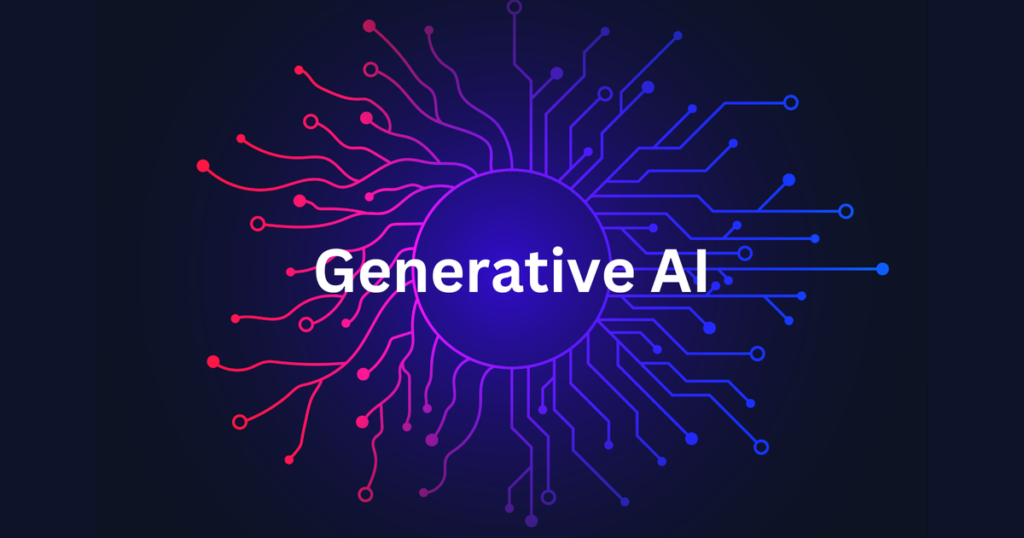Generative AI Investments: Consolidation and Early-Stage Dominance
Investments in generative AI startups—companies developing AI-powered products for generating text, audio, video, and more—remain robust. However, these investments are increasingly concentrated in a smaller number of early-stage ventures.
From January to July 16, 2023, 225 generative AI startups raised a total of $12.3 billion from venture capitalists (VCs), according to Crunchbase data shared with TechCrunch. If this trend continues, generative AI companies could match or exceed the $21.8 billion raised in 2023.
Breakdown of H1 2024 Investments by Stage
- Angel/Seed Deals: 198 deals, $500 million
- Early-Stage Deals: 39 deals, $8.7 billion
- Late-Stage Deals: 18 deals, $3.1 billion
Early-stage startups were the clear winners, with notable examples including:
- xAI (Elon Musk’s venture) raising $6 billion in May
- Moonshot AI (China) raising $1 billion in February
- Mistral AI raising $502.6 million in June
- Glean raising $203.2 million in February
- Cognition raising $175 million in April
Shifting Investor Strategies
SEE ALSO: Agriculture Sector Leads Africa’s AI Growth and Development, Reports GSMA
According to Chris Metinko, an analyst and senior reporter at Crunchbase, investors are betting on larger startups with higher perceived success potential while allowing less promising ventures to “wither away” at the earlier stages.
“Some VCs expect the legal and regulatory dilemmas AI companies could face in both the U.S. and overseas to lead to a slowdown in the flood of AI funding,” Metinko told TechCrunch. “Others point to the fact that when the mobile revolution occurred more than a decade ago, the biggest winners when it came to the foundational infrastructure layer ended up being well-established tech companies.”

Legal and Data Challenges
Generative AI startups face uncertain futures due to several significant challenges:
- Legal and Regulatory Issues: Many generative AI models are trained on publicly sourced data, often under the assumption of fair use. However, it’s unclear whether courts will support this stance, prompting some companies to seek licensing deals with copyright holders.
- Data Scarcity and Costs: High-quality training data is becoming increasingly difficult and expensive to obtain. As more creators block data scraping, the market for AI training data is expected to grow from $2.5 billion to $30 billion within a decade.
- Training Costs: Training models is a costly endeavor. For example, OpenAI’s GPT-4 cost $78 million to train, while Google Gemini’s training cost reached $191 million.
Profitability and Long-Term Prospects
Despite significant investments, few generative AI startups are currently profitable. OpenAI, for instance, is reportedly generating around $3.4 billion in revenue but could lose $5 billion this year. Investors, particularly those from big tech companies like Google, Amazon, and Nvidia, seem to be playing a long game, viewing generative AI as a strategic bet.
The Future of Generative AI Startups
The future of many generative AI businesses, even the well-funded ones, remains uncertain. High costs, legal hurdles, and the challenge of securing quality training data are significant obstacles. Should these startups fail to navigate these issues successfully, there is a real possibility that the current investment bubble could burst.
Investors in generative AI are making substantial bets on the transformative potential of these technologies. However, only time will tell if these investments will pay off or if the generative AI sector will face a major reckoning.



